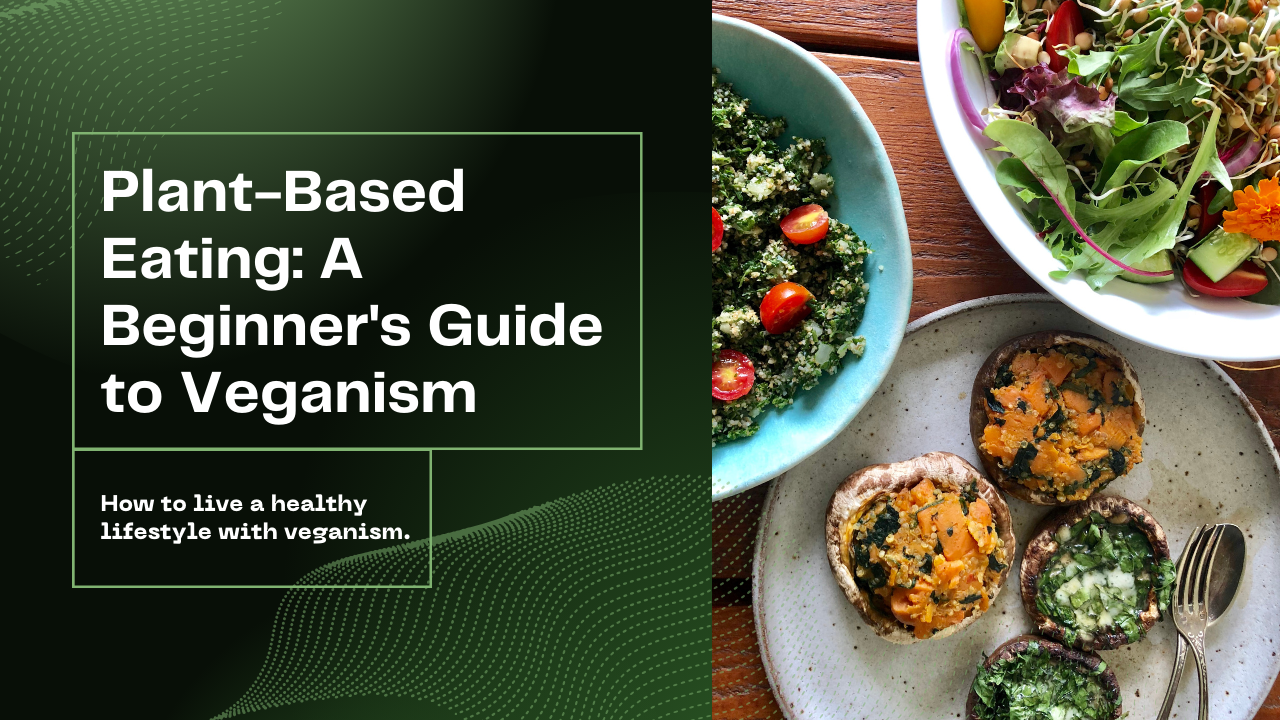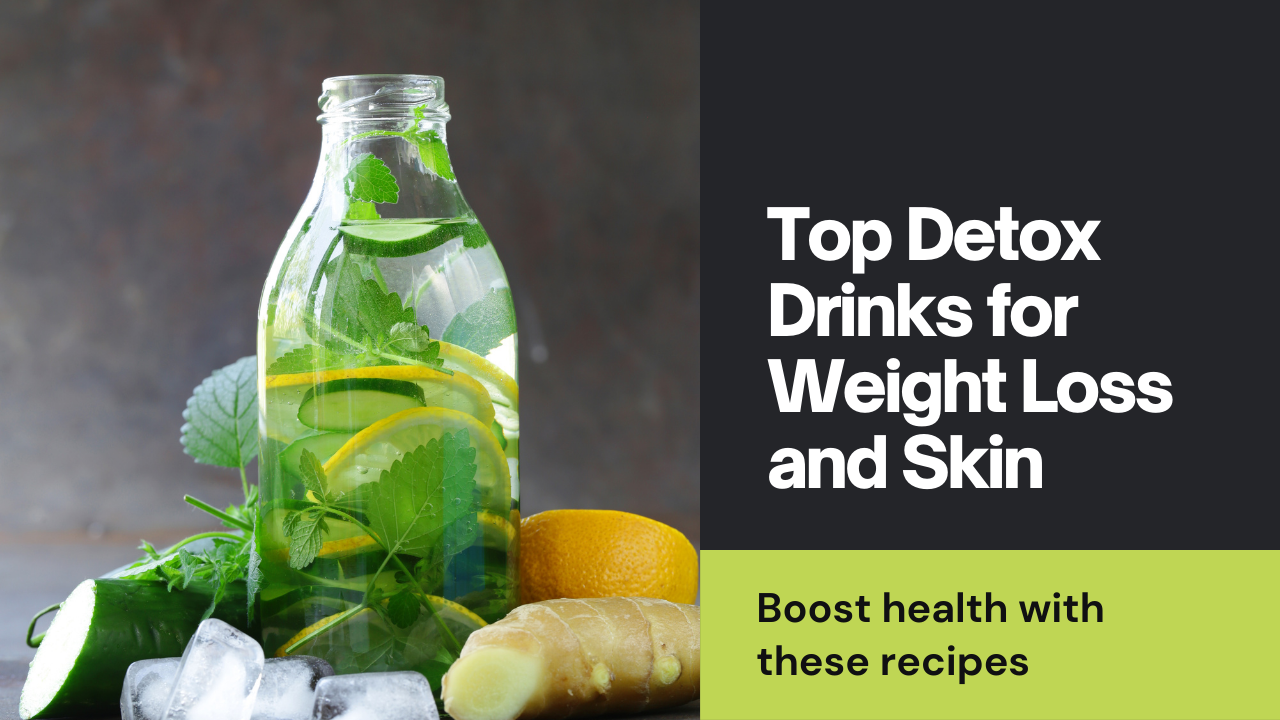Are you ready to unlock the power of plants and embrace a healthier, more compassionate lifestyle? Veganism may be the answer you’re looking for. In this blog post, we’ll explore the fundamentals of vegan living and provide you with practical tips for making the transition to a plant-based diet.
Understanding Veganism: At its core, veganism is a lifestyle that seeks to minimize harm to animals by abstaining from the use of animal products for food, clothing, or any other purpose. By choosing plant-based alternatives, vegans aim to live in harmony with the environment and promote compassion for all living beings.
Benefits of Plant-Powered Living: The benefits of adopting a vegan lifestyle extend far beyond personal health. Plant-powered living is not only good for you but also for the planet. Research shows that plant-based diets are associated with lower risks of chronic diseases such as heart disease, diabetes, and certain types of cancer. Additionally, opting for plant-based foods reduces your carbon footprint, conserves water, and helps protect natural habitats and wildlife.
Transitioning to a Vegan Diet: If you’re new to veganism, transitioning to a plant-based diet may seem daunting at first. However, with the right approach and resources, it can be a smooth and enjoyable process. Start by gradually incorporating more plant-based foods into your meals, such as fruits, vegetables, legumes, whole grains, nuts, and seeds. Experiment with new recipes, explore vegan alternatives to your favorite dishes, and don’t hesitate to seek support from online communities and vegan-friendly resources.
Navigating Vegan Nutrition: One common concern about veganism is whether it provides all the nutrients your body needs for optimal health. Rest assured, with proper planning, a well-balanced vegan diet can meet all your nutritional needs. Focus on consuming a variety of nutrient-rich foods, including leafy greens, colorful vegetables, whole grains, beans, lentils, tofu, tempeh, and fortified plant-based products. Consider incorporating supplements such as vitamin B12, vitamin D, and omega-3 fatty acids to ensure you’re getting all essential nutrients.
Overcoming Challenges: As with any lifestyle change, transitioning to veganism may come with its challenges. From social situations to dining out and navigating food labels, it’s important to be prepared and stay resilient. Arm yourself with knowledge, communicate your dietary preferences with friends and family, and be patient with yourself as you navigate this new way of eating. Remember, every small step towards plant-powered living is a step in the right direction.
Embracing the Vegan Community: One of the greatest aspects of veganism is the sense of community and support it offers. Whether online or in-person, connecting with fellow vegans can provide encouragement, inspiration, and valuable resources. Join vegan-friendly social media groups, attend local vegan events and meetups, and engage with like-minded individuals who share your passion for compassionate living.
Conclusion: Congratulations on taking the first step towards plant-powered living! By embracing veganism, you’re not only nourishing your body but also contributing to a more compassionate and sustainable world. Remember, transitioning to a vegan lifestyle is a journey, not a destination. Be open-minded, stay informed, and enjoy the abundance of delicious and nutritious plant-based foods available to you. Together, we can create a healthier, kinder, and more vibrant future for all beings on this planet. Join the HealthGlean community on our YouTube, Facebook Group, Facebook Page, and Discord Server to continue the conversation and receive support on your vegan journey.




